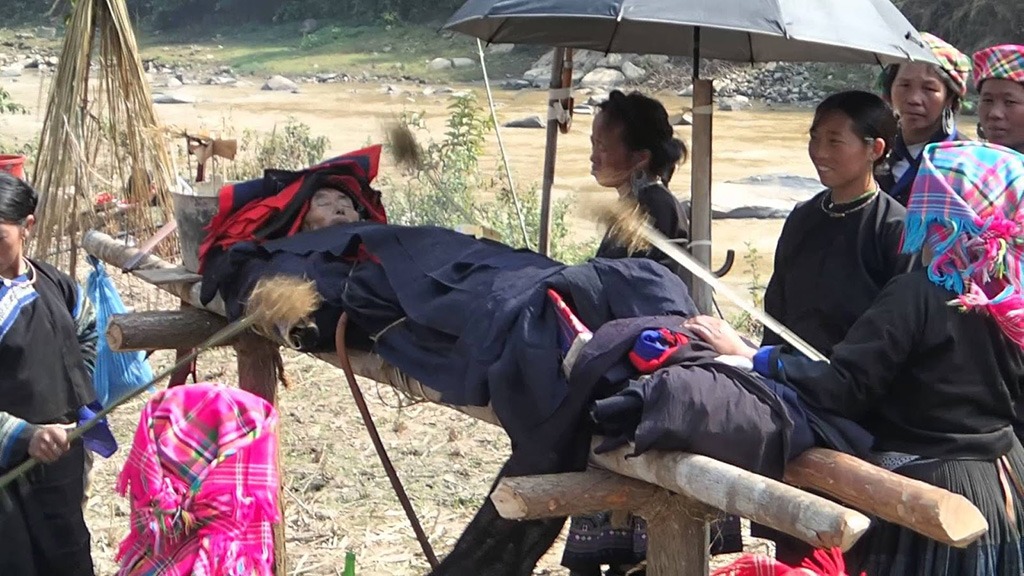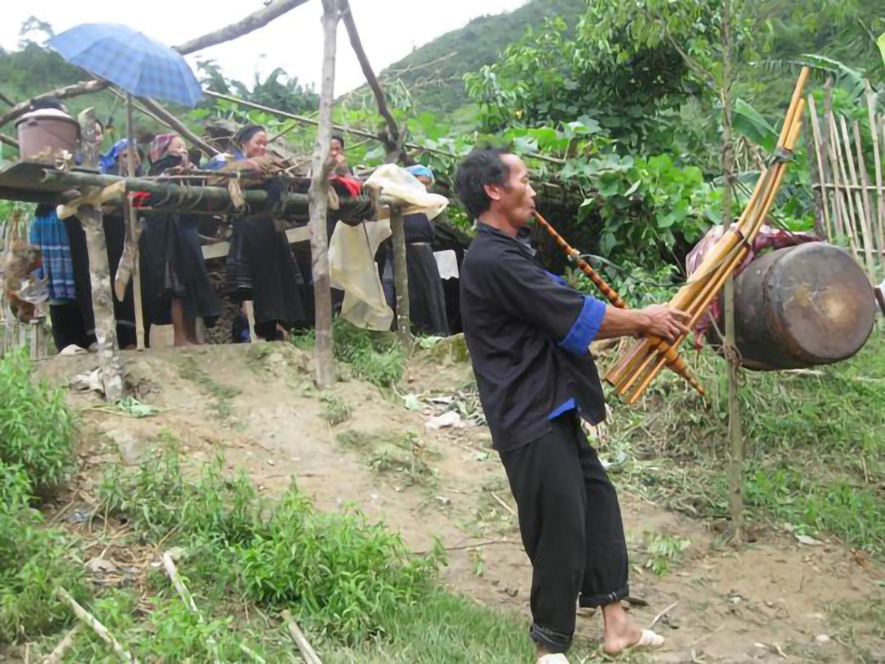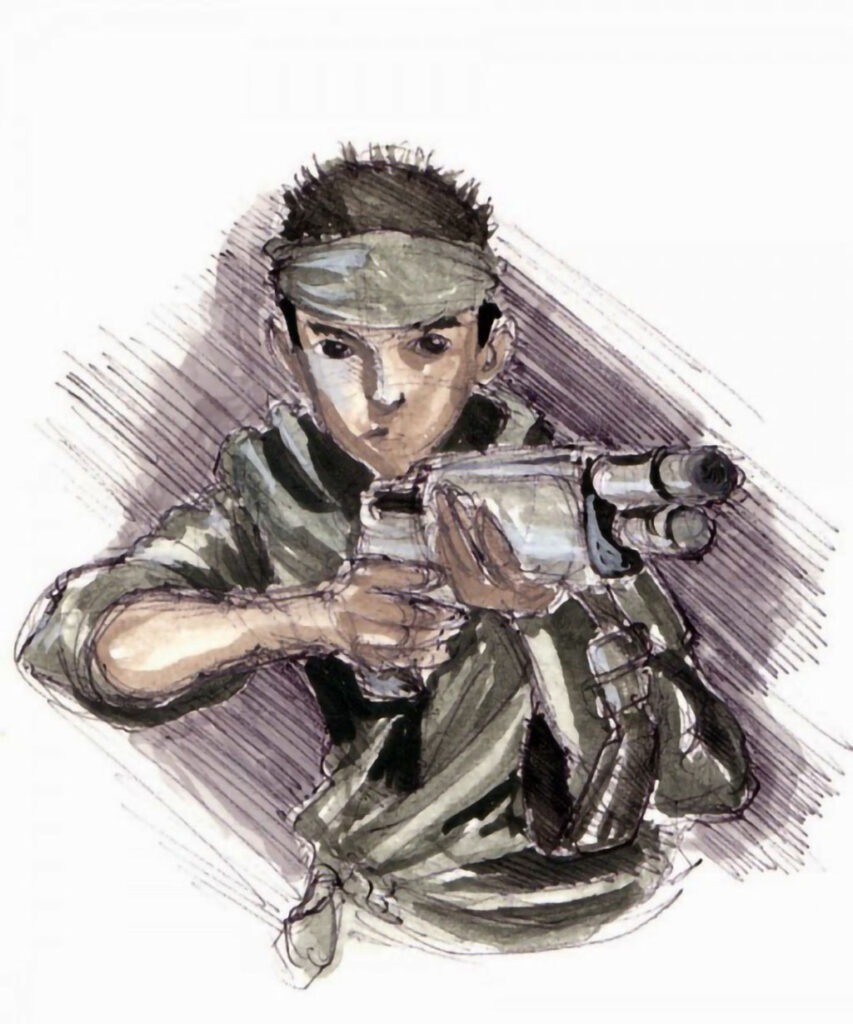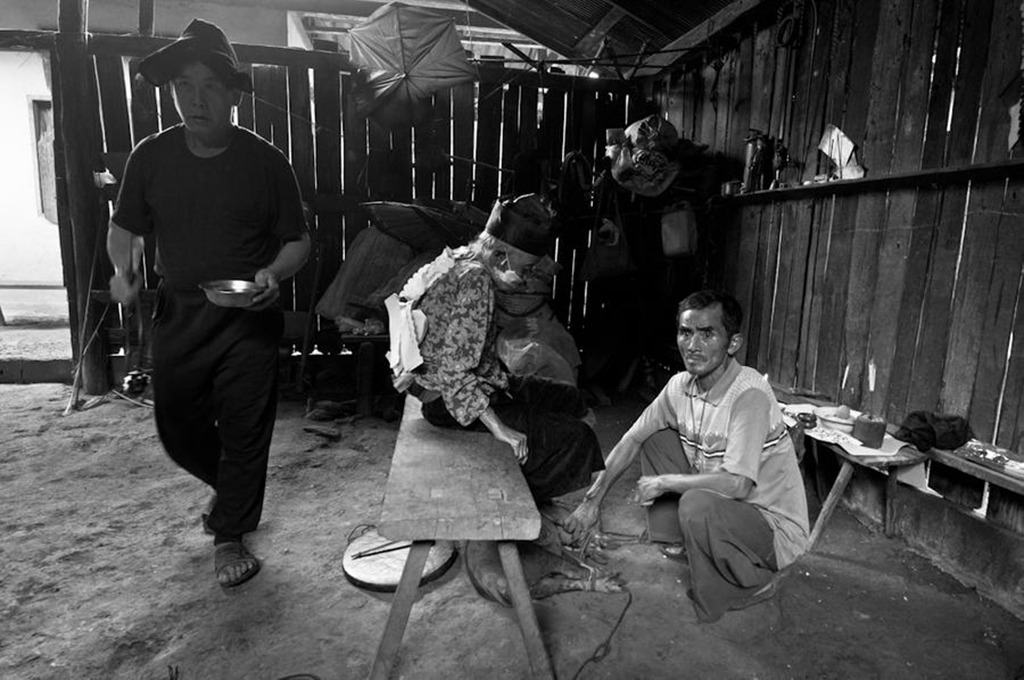
Hmong Traditions – Death & Funerals
The Rituals of Hmong Funerals and Beliefs About the Afterlife
Dive into the fascinating world of Hmong funeral traditions, exploring their beliefs about the soul’s journey, reincarnation, and the intricate rituals that honor the deceased.

Understanding Hmong Funeral Rituals and the Journey of the Soul
Introduction: The Hmong people, with their rich cultural history, have a profound understanding of life, death, and the afterlife. Central to their traditions are elaborate funeral ceremonies that guide the soul of the deceased to its next destination. These rituals are steeped in meaning, reflecting a deep connection to their ancestors and the spiritual world.
The Three Souls and Their Journey – In Hmong culture, it is believed that each person possesses three souls. Upon death, these souls embark on different journeys: one ascends to the “place of the dead,” one remains with the body in the grave, and the third reincarnates. Ensuring these souls follow their destined paths requires specific rituals and careful guidance.
The Funeral as a Rite of Passage – The funeral is a critical rite of passage in Hmong culture. From the “qhuab ke” funeral music, which guides the soul, to the “qeej tsa nees,” helping the spirit mount a celestial horse, each step is meticulously planned. These practices aim to protect both the living and the deceased from evil spirits and ensure the soul’s safe journey.
The Role of Rituals and Traditions – Hmong funerals are deeply rooted in tradition. The deceased’s body is kept in the home for several days, allowing family and relatives to gather. Rituals such as the removal of metal objects from the body and the rejection of autopsies highlight the importance of respecting the soul’s integrity and its ability to reincarnate.
The Importance of Mourning and Community – Grieving openly is encouraged at Hmong funerals. Loud cries and expressions of sadness symbolize love for the deceased. Neighbors and relatives visit to offer support, exchange news, and strengthen community bonds. This communal mourning process reflects the Hmong’s emphasis on unity and social connection.
A Final Ceremony for the Departed Soul – Within a year of the funeral, a ceremony is held to release the departed soul, ensuring its peaceful reincarnation. Without this ceremony, the spirit may linger, causing harm to the living. This practice underscores the Hmong people’s respect for spiritual harmony and ancestral guidance.
Conclusion: Hmong funeral rituals are a profound expression of their beliefs about life, death, and the afterlife. By honoring these traditions, they maintain a spiritual connection with their ancestors and ensure the harmony of their community. These sacred practices reveal a culture deeply attuned to the mysteries of the soul’s journey and the importance of honoring the dead.
Call to Action: To learn more about Hmong traditions and cultural practices, visit Hmong and Native Americans Facebook Group.
References and Further Reading
- Hmong Traditions – Death & Funerals | Www.Facebook.Com





Responses